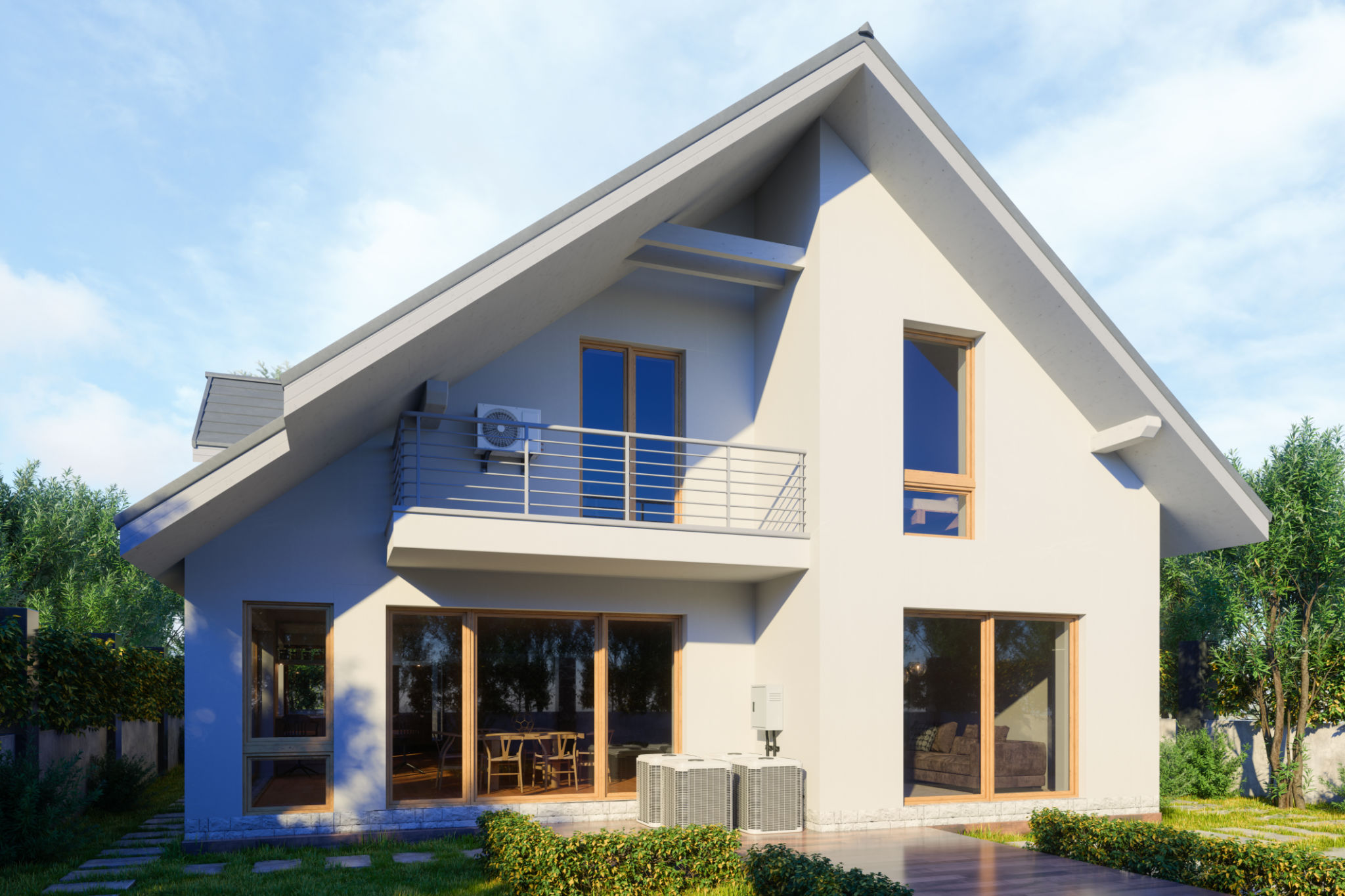How to Troubleshoot Common Air Conditioning Problems at Home
Understanding Common Air Conditioning Issues
Air conditioning problems can be frustrating, especially during the hot summer months. However, before calling a professional, there are several common issues you can troubleshoot on your own. This guide will help you identify and potentially resolve these problems, ensuring your home remains cool and comfortable.
Some typical AC issues include inadequate cooling, strange noises, and water leaks. Understanding the root cause of these problems can save you time and money. Let's delve into some troubleshooting steps you can take to address these common air conditioning woes.

Checking the Thermostat
The thermostat is often the first thing to check if your air conditioner isn't cooling properly. Ensure it's set to the correct temperature and that it’s on the right mode (cooling mode). If the thermostat is battery-operated, try replacing the batteries. A malfunctioning thermostat can prevent the AC from functioning effectively.
If adjusting the settings doesn’t work, it might be time to recalibrate or replace the thermostat. Smart thermostats can offer more efficient control over your cooling system and might be worth considering for an upgrade.

Inspecting the Air Filters
Dirty or clogged air filters can severely impact the performance of your air conditioner. They restrict airflow, causing the system to work harder and potentially overheat. Check your air filters every month and replace them every 1-3 months, depending on usage.
Regularly changing your air filters not only improves air quality but also enhances the efficiency of your AC unit. It’s a simple step that can prevent many common issues and extend the lifespan of your system.
Examining the Outdoor Unit
The outdoor unit of your air conditioner plays a crucial role in heat exchange. If it's obstructed by debris or vegetation, it can hinder airflow and cause the system to malfunction. Ensure that there is at least two feet of clearance around the unit for optimal performance.
Additionally, inspect the coils for dirt accumulation. Cleaning the coils can enhance efficiency and prevent potential breakdowns. Always ensure the power is off before conducting any maintenance on the unit.

Investigating Unusual Noises
Strange noises coming from your air conditioner can be alarming. Rattling might indicate loose parts, while squealing can signal issues with the motor bearings. Each noise suggests a different problem that might require a specific solution.
If you identify unusual sounds, try to pinpoint their source. While some minor issues can be fixed with simple adjustments or tightening screws, others may require professional attention to prevent further damage.
Addressing Water Leaks
Water leaks around your air conditioning unit are often caused by a clogged condensate drain line. This line can become blocked with dirt and debris over time, leading to water backing up into your home.
To clear the drain line, use a wet/dry vacuum or a plumber’s snake. Regular maintenance of this component can prevent water damage and ensure efficient operation of your system.